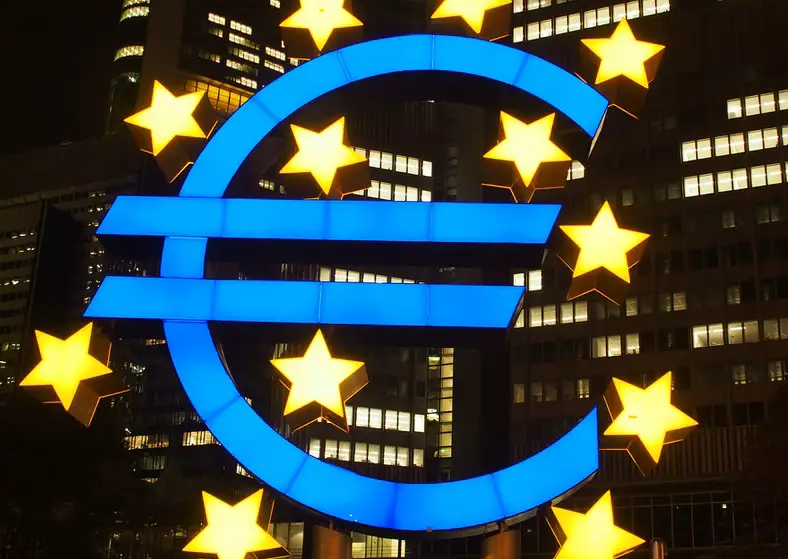On Thursday, for the ninth consecutive time, the European Central Bank (ECB) hiked interest rates, following a policy of further tightening amid a stubbornly high inflation, as the risks of a recession grow in the Eurozone.
After raising the rate 25 basis points, the ECB’s main rate now sits at 3.75%, the highest level since 2000. The primary refinancing rate was set to 4.25%.
The central bank said in a statement, “Inflation continues to decline but is still expected to remain too high for too long. Future decisions will ensure that the key ECB interest rates will be set at sufficiently restrictive levels for as long as necessary to achieve a timely return of inflation to the 2% medium-term target.”
Inflation has proven increasingly entrenched in the Eurozone lately. Headline inflation readings in the 20 countries which share the euro have halved since the overall reading hit a peak of 10.6% in October of 2022. However analysts have still expected further rate hikes since although the rate has fallen from 6.1% in May, to 5.5% in June, it is still significantly higher than the ECB’s target of 2%.
Christine Lagarde, President of the ECB said in a press briefing on Thursday, that the regulator’s policy team was “open minded” about any upcoming policy decisions.
She added the regulator might hold rates steady in September, or they might hike, but they, “are not going to cut.”
Business activity data for the Eurozone which was released earlier this week, showed declining economies in the biggest economies in the zone, Germany and France. According to analysts at ING Germany, the data increases the chances of a recession in the Eurozone this year.

